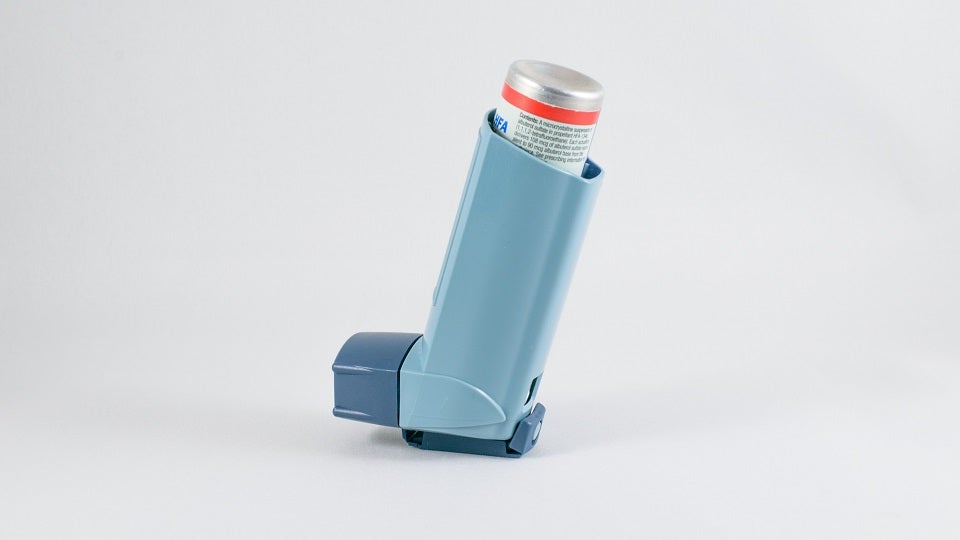Keeping asthma at bay
Published: 15 May 2018

Asthma is a chronic disease that affects the lung airways, and some attacks are serious enough to require hospitalisation or in severe cases, even cause death. In Singapore, roughly five per cent of adults and 20 per cent of children suffer from asthma.
While asthma attacks can be unpredictable and may occur even without day-to-day symptoms, the prevalence of asthma in recent years could be caused by our sanitised living environment, according to Dr Mariko Koh, who is a senior consultant at Singapore General Hospital (SGH)’s department of respiratory and critical care medicine, and a senior clinical lecturer at NUS Medicine.
“We believe that it is because of urbanisation and living in a very hygienic environment since a young age. We are no longer swimming in rivers and playing with mud. We are not exposed to a lot of bacteria and parasites, so our immune system switches from fighting infections to allergies,” Dr Koh said.
The most common triggers for asthma are upper respiratory tract infections, although other triggers exist, such as flu, environmental pollutants like smoke and air fresheners or possibly even dust mites and mould due to the tropical climate in Singapore. Hence, Dr Jim Teo Yeo Kwan, who is a respiratory physician at Parkway East Hospital and an alumnus of NUS Medicine, advise asthmatics to vaccinate against influenza, pneumoccocus bacteria and pertussis (whooping cough).
Asthma patients should also avoid becoming overreliant on relievers, which are short-acting bronchodilators meant to be used on an as-needed basis to temporarily relieve the symptoms of asthma. The overuse of relievers has been associated with asthma deaths.
Rather, asthma patients should use their preventers on a daily basis to reduce the inflammation in the lungs and the likelihood of the lungs constricting, instead of doing so only when they feel unwell. Notably, asthma requires regular use of medication to keep it under control, and symptoms can be intermittent, with patients possibly in between attacks for weeks or even months. Relievers like Ventolin are only for temporary relief, and those who use only relievers are at a high risk of death as they are not treating the asthma, according to Dr Koh.
There are also new developments in asthma management, including bronchial thermoplasty where thermal energy is used to heat up the smooth muscles in the airway through a probe, but Dr Teo believes most asthma cases can be controlled without expensive medicine or procedures.
“Most importantly, patients need to be educated properly about the chronicity of their diseases, reduce their allergy triggers and be compliant with the daily inhalers that are prescribed to them,” Dr Teo said.
News Coverage

